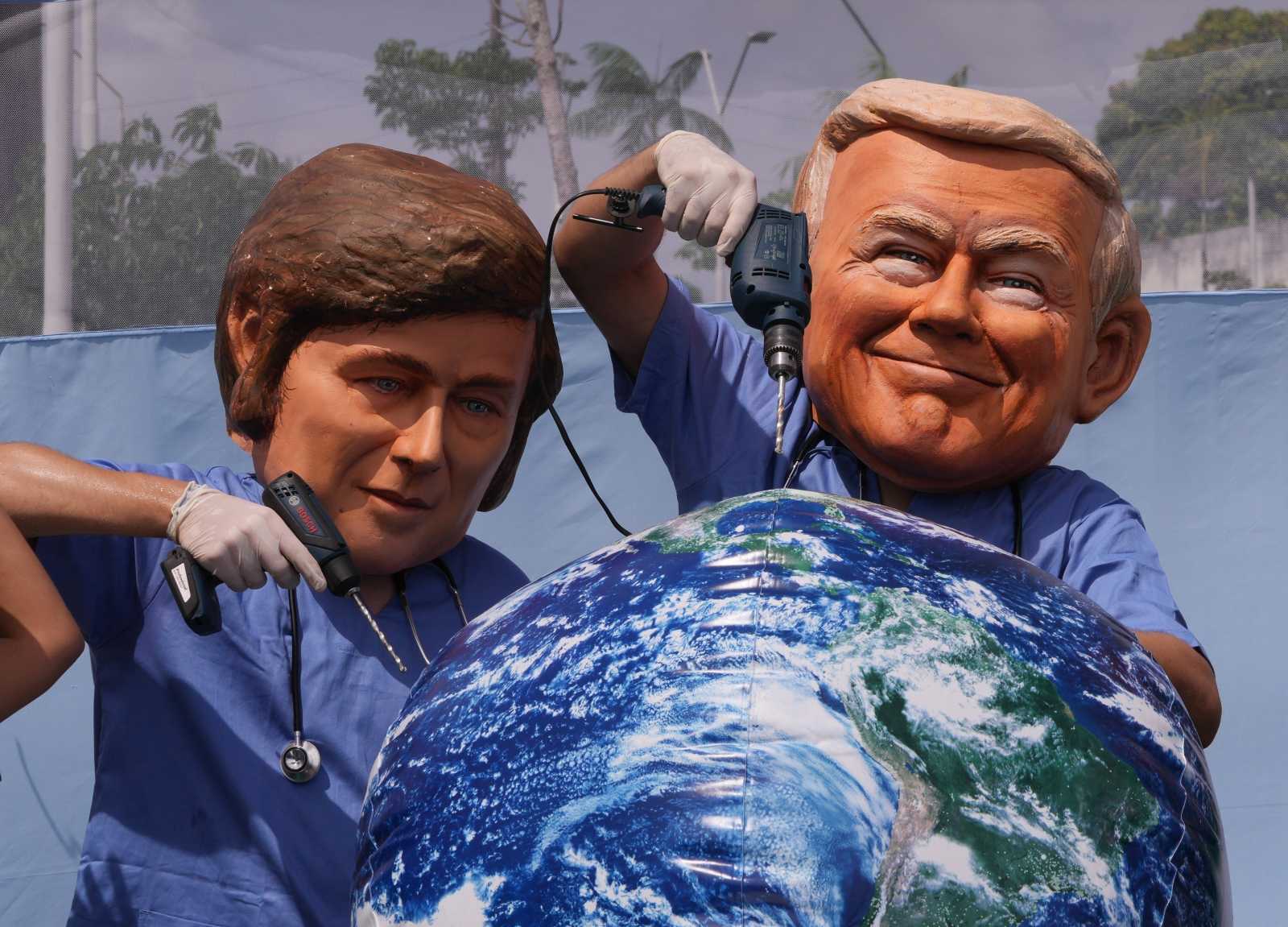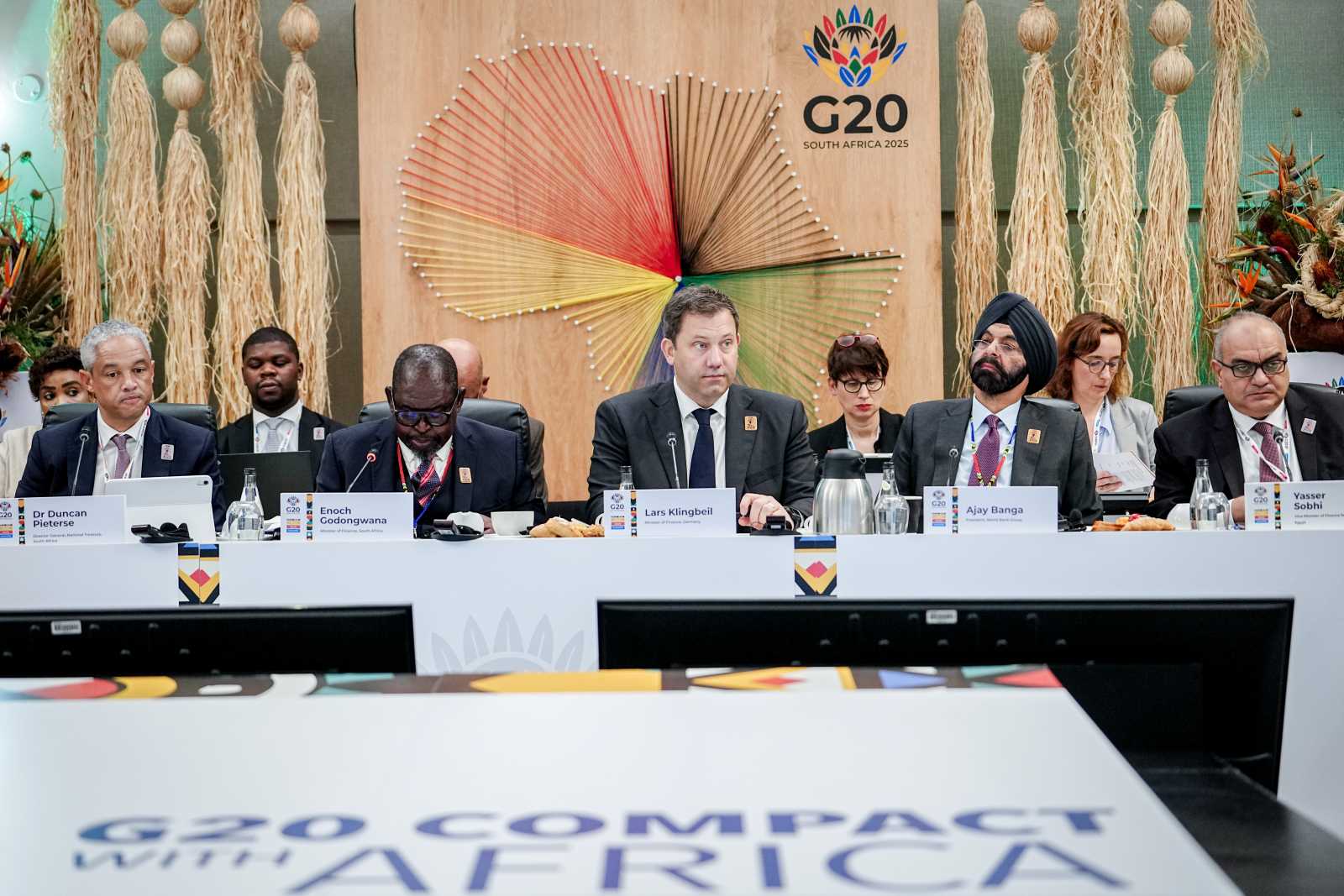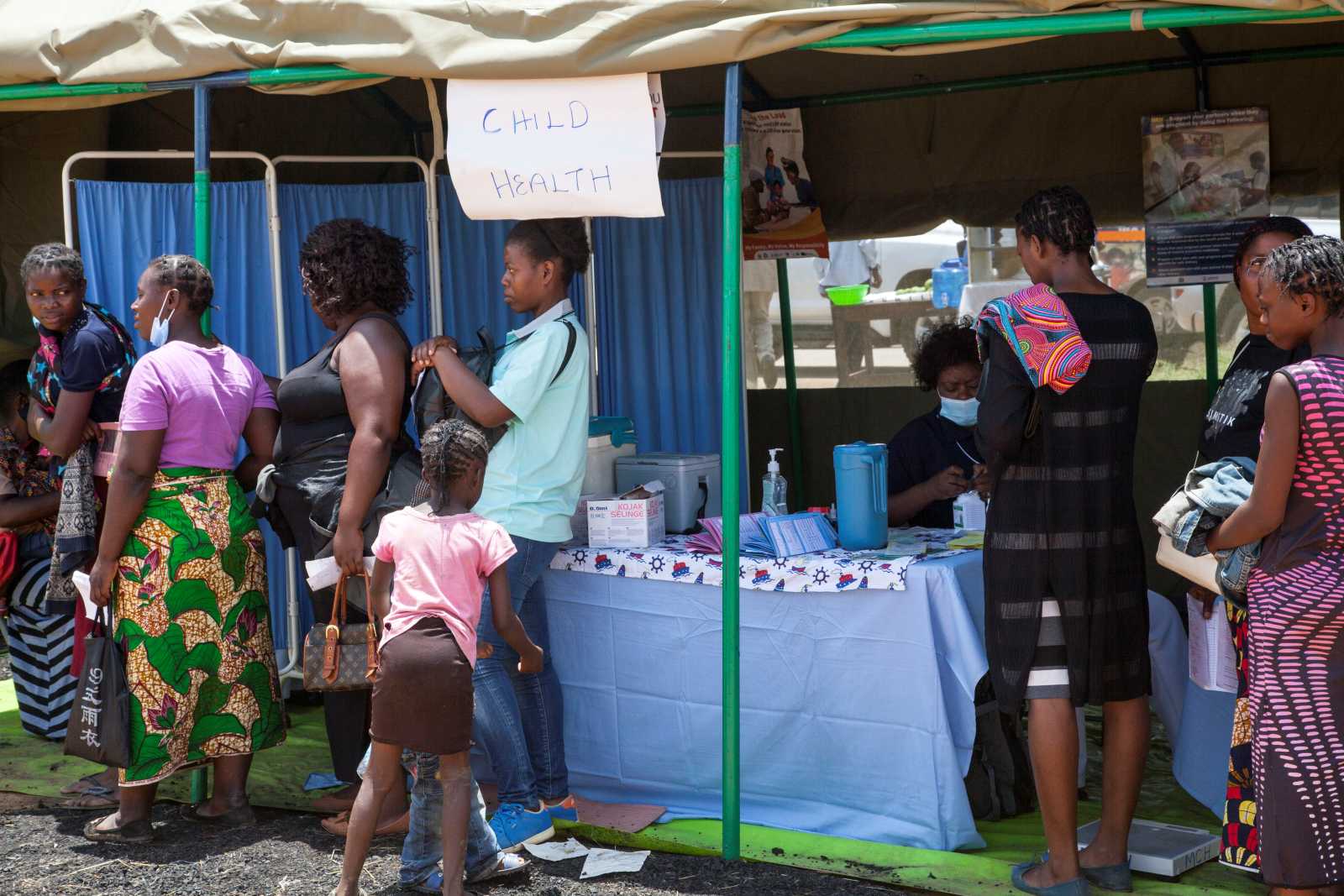Fusion von GTZ, InWEnt und DED
Rubina Saigol zu Reformplänen
Internationally, poverty has only been successfully fought where the private sector has thrived. How can and should a donor agency best support your country in this respect?
In countries like Pakistan privatization has meant greater poverty for the very poor. The state is being restructured to turn from public good towards private benefit by creating a conducive environment for Foreign Direct Investment flows. The state’s role as the guarantor and protector of people’s human rights and human security has declined as a result. It is pushing education, health and water (fundamental needs and rights) into the private sector making these expensive for the poor to afford. As a result people who can afford to educate only one child invariably choose the son because of patriarchal biases. The state has removed subsidies from agriculture, utilities and other provisions thus making them too expensive and raising the cost of doing business. Instead of the state becoming an adjunct of the private (profit-based) sector, it needs to fulfil its duty towards its vulnerable citizens because it is a signatory to the UDHR, CEDAW, CRC and other international commitments such as MDGs, EFA etc. The state has to re-orient itself toward public good.
The Millennium Development Goals stress progress in specific sectors. How can and should a donor agency for technical cooperation best support your country in this respect?
The Millennium Development Goals create a disjointed and fragmented picture of development. They do not take into account distributive issues; hence they become a band aid approach. In Pakistan development in the real sense is not possible unless the system of land distribution is changed and huge landholdings are abolished in favour of the distribution of land to the tillers, especially women. The per acre yield rises when women cultivate their own land. Secondly, unless the army relinquishes its extraordinary role in the economy as a major landholding and corporate entity, there will be no progress. The major resources of the country are eaten up by debt servicing and defence expenditures. If these sources were released by debt write-offs and lowering of regional tensions, a lot of money could be directed toward development. Currently, the PSDP (Public Sector Development Program) keeps getting slashed in order to spend more on the ‘War on Terror’ and the army.
The Paris Declaration and the Accra Agenda for Action stress the relevance of enhancing government capacities. How can and should a donor agency best support your country in this respect?
The government’s capacities are hampered not only because of its own incompetence, and vested class interests, but also because the dominant power in Pakistan is the army and the elected civilian governments are hamstrung – they are not allowed to make foreign, defence and security policies which remain in the hands of the army. Unless Pakistan’s structural imbalances and issues are tackled, band-aid approaches will only go so far.
Good and responsible governance have figured high on the development agenda ever since the World Bank's World Development Report of 1997. How can and should a donor agency best support your country in this respect?
The ‘good governance’ agenda has become a political cover for economic globalization. It seeks transparency, accountability, decentralization and end to corruption, not for the sake of the citizenry and its benefit, but to protect investment, especially foreign direct investment. The notions of transparency, accountability and end to corruption should be re-directed towards public money and not just to provide legal protection to foreign investment. If good, old-fashioned democracy is brought in, in the real sense and not in the sense of governments being fashioned by the US, UK and Saudi Arabia through notorious deals, things would be much better. Otherwise, on the one hand governments pay lip service to anti-corruption and on the other create awful, unconstitutional and illegal deals such as the so-called National Reconciliation Ordinance which washed clean politicians whose hands are full of ill-gotten wealth.
In regard to the past, what are strong points of GTZ, InWEnt and DED that you would want to last?
I don’t know much about these organizations but I know GTZ a little bit. I think there is a need to understand that development is ultimately political and cannot be purely technical, economic or technocratic. It has to be holistic and not piece meal. If basic structural flaws are not addressed, small measures here and there are useless. Pakistan’s economic, as well as provincial and ethnic, imbalances need to be corrected. The main contradictions in Pakistan are: Civil vs Military rule; Centralized state vs provincial autonomy; Extremism (promoted by the state and global powers) vs a moderate, tolerant version of religion practiced by the people. These contradictions need to be addressed for Pakistan to become a modern, democratic and tolerant country.
















